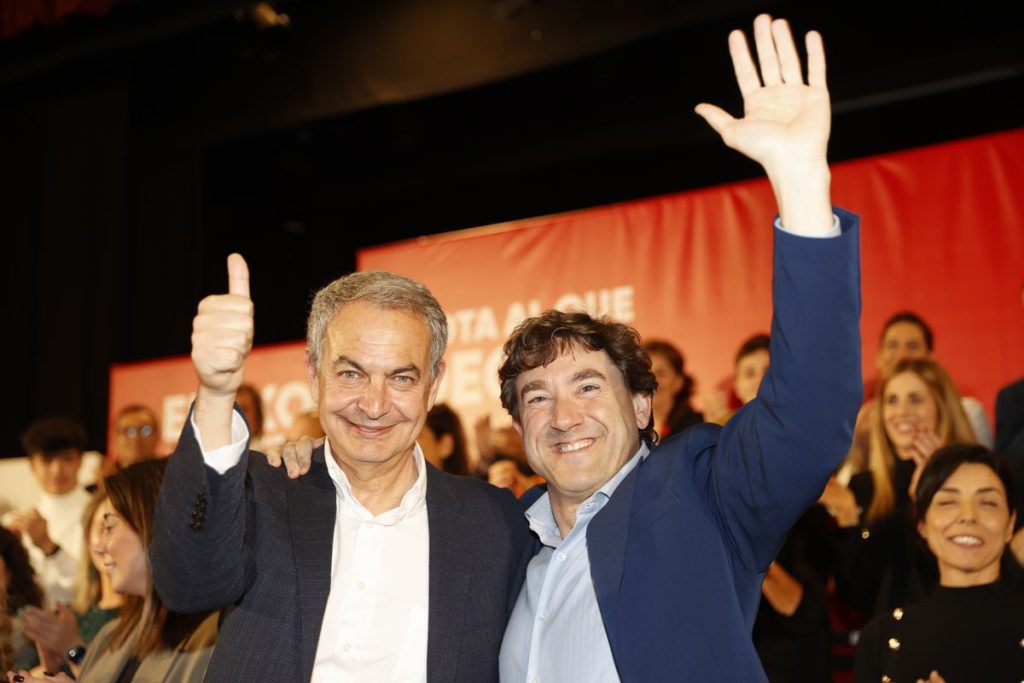The band Eskorbuto portrayed the decline of the Left Bank of the Nervión estuary in the 1980s better than anyone else. Raised in Santurtzi, they sang about being contaminated rats in Bizkaia, living in a town that was sinking. Imanol Pradales, also from Santurtzi and a candidate for lehendakari by the PNV, described the landscape from his childhood as one of smoke, pollution, abandoned factories, and the transformation from a chocolate-colored river to a blue one. This area represents families who came to Euskadi in search of a better future, like his grandparents, and it symbolizes the contributions of immigrants from various regions of Spain that enriched Euskadi. The Margen Izquierda was a stronghold of Basque socialism in the past, but the upcoming election will show how much of that legacy remains.
The political behavior of the Basque people varies depending on the type of election. In the recent general elections, the appeal to stop the right and the far-right resonated with the working-class roots of the Left Bank, leading to Socialist victories in the four municipalities along the river. However, in the municipal elections held earlier, the PNV won the region and the Socialist stronghold was reduced to the town of Portugalete. Mikel Torres, the Socialist mayor of Portugalete, acknowledges the changes brought about by industrial reconversion in the region. The PNV has solidified its position, while Bildu is gaining ground, especially among young voters seeking change.
Eduardo Madina, a prominent Socialist from the area, notes that the party is no longer dominant in the region, with only one remaining Socialist mayor. The changes brought about by deindustrialization have led to sociological and political transformations, with shifts in economic structures influencing voting patterns. There is a new way of relating to Basque identity that is attracting people to other parties. Despite these changes, the sense of history and community in the Margen Izquierda remains strong, shaping political preferences and voter behavior.
The Margen Izquierda has become a political hotspot, with parties like the PSE-EE and EH Bildu actively campaigning in the region. Zapatero highlighted the Socialist contribution to Basque politics, emphasizing social policies and the end of violence. EH Bildu’s candidate, Pello Otxandiano, defended his stance on ETA in Santurtzi, emphasizing the potential for political change and progress in the region. Otegi used a classical reference to inspire hope and determination among voters. Madina predicts that the PNV’s success in the recent municipal elections may be complemented by EH Bildu’s rising popularity in the upcoming autonomic elections, especially among young voters.
The Margen Izquierda’s rich history and strong sense of community make it a highly politicized region, where political engagement is intense and deeply ingrained. The upcoming elections will test the shifting political landscape and the impact of changing demographics and economic structures on voter preferences. Despite the challenges and uncertainties, the region’s proud past and vibrant political culture continue to shape its future. Subscribe to stay informed about the latest developments and analysis in the region.


